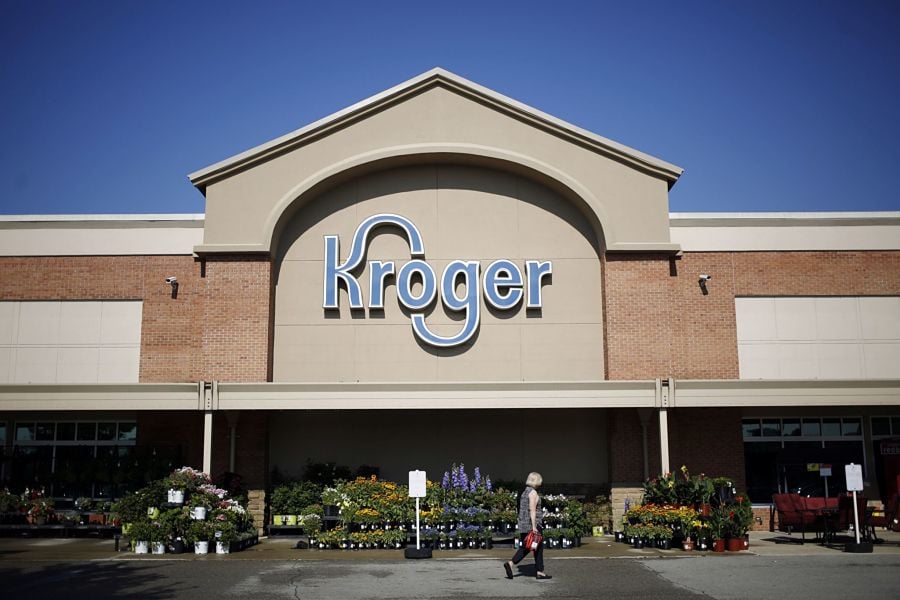

Grocery chain Kroger on Friday became the latest company targeted over fees in its 401(k) plan, with plaintiffs citing excessive fees of as much as $1.33 per person a month.
Law firms Walcheske & Luzi and Strauss Troy filed a lawsuit in U.S. District Court in Cincinnati, alleging that Kroger failed its employees for years by agreeing to unnecessarily high record-keeping costs paid to Bank of America Merrill Lynch.
Since 2015, the $5.9 billion plan has paid record-keeping fees of $30 per participant annually, according to the complaint. While that amount is higher than rates the law firms identified for a handful of comparably sized 401(k)s, it was at most slightly higher than $1 per month per participant more than that of the most competitive plan on the list. Those rates ranged from $27 per participant in the Kaiser Permanente plan to as low as $14 in the Fidelity Investments plan, according to 2018 Department of Labor data cited in the complaint.
“These objectively unreasonable record-keeping fees cannot be justified. Defendants’ failures breached the fiduciary duties they owed to plaintiff, plan participants and beneficiaries,” the law firms wrote in the suit. “Prudent fiduciaries of 401(k) plans continuously monitor fees against the market rates, applicable benchmarks and peer groups to identify objectively unreasonable and unjustifiable fees.”
Representatives from Kroger did not immediately respond to requests for comment.
As of 2019, the Kroger plan included more than 92,000 participants, according to the complaint.
The law firms make two claims against the grocer, the first being breaches of the duties of loyalty and prudence and the second being a failure to adequately monitor other fiduciaries under the Employee Retirement Income Security Act.

Canadian stocks are on a roll in 2025 as the country prepares to name a new Prime Minister.

Two C-level leaders reveal the new time-saving tools they've implemented and what advisors are doing with their newly freed-up hours.

The RIA led by Merrill Lynch veteran John Thiel is helping its advisors take part in the growing trend toward fee-based annuities.

Driven by robust transaction activity amid market turbulence and increased focus on billion-dollar plus targets, Echelon Partners expects another all-time high in 2025.

The looming threat of federal funding cuts to state and local governments has lawmakers weighing a levy that was phased out in 1981.
RIAs face rising regulatory pressure in 2025. Forward-looking firms are responding with embedded technology, not more paperwork.
As inheritances are set to reshape client portfolios and next-gen heirs demand digital-first experiences, firms are retooling their wealth tech stacks and succession models in real time.
